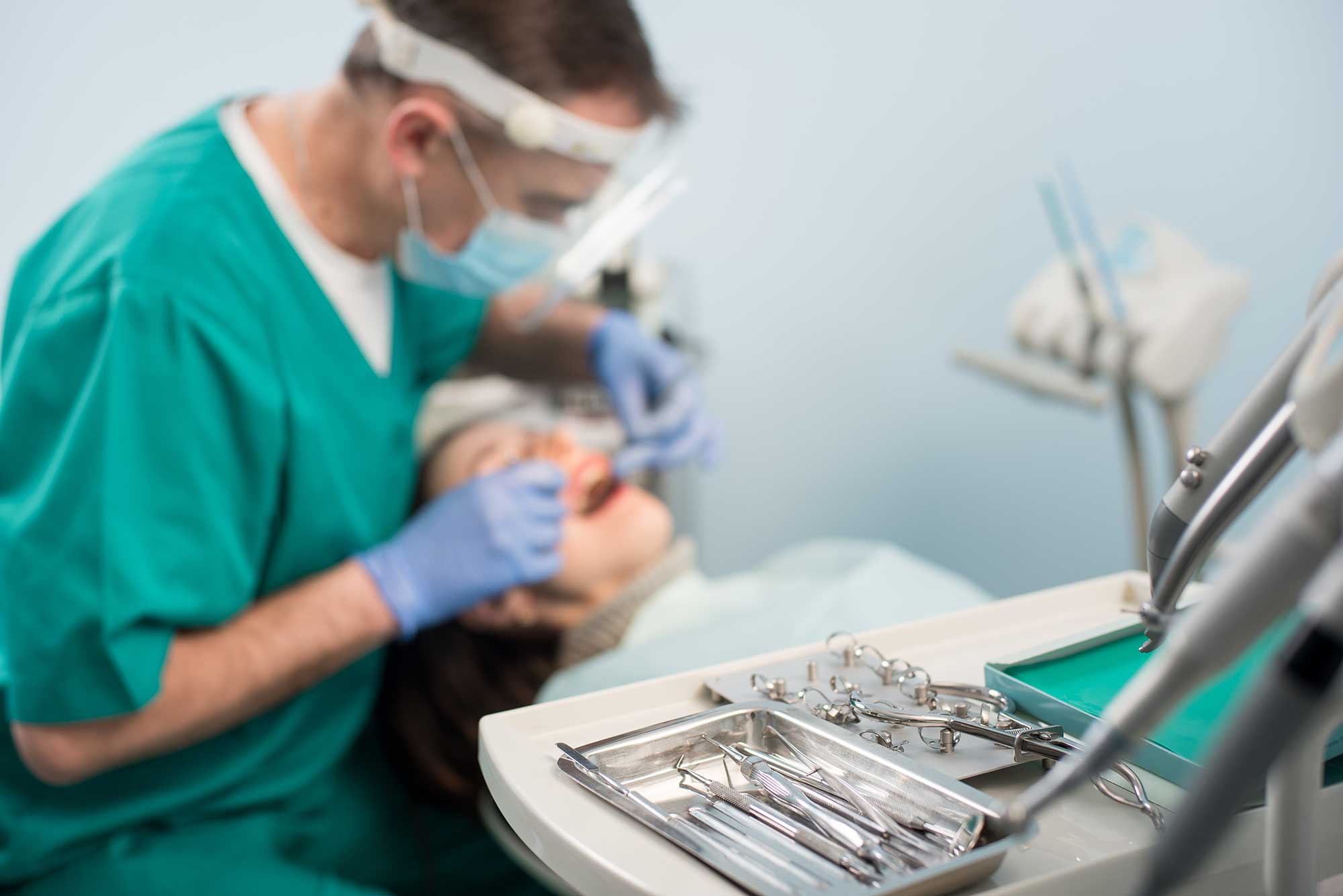
The chief dental officers for England, Scotland and Wales have put forward advice in response to the growing threat of coronavirus.
The CDO for England, Sara Hurley, the CDO for Wales, Colette Bridgman, and the CDO for Scotland, Tom Ferris, have offered new guidelines for NHS dental practices.
This is in light of the UK moving into the ‘delay’ phase of its COVID-19 response.
Speaking exclusively to Dentistry.co.uk, Dr Hurley has issued the following advice:
Summary of advice for England
- Continue to check through the hyperlink the online live standard operating procedures which update automatically as guidance from CMO and PHE is published.
In particular to note the requirements:
- To clearly display the communication posters on COVID-19
- Practices should set up mechanisms to establish whether any potential patient or anyone in their household has symptoms, prior to any visit, by phone or text
- Dental care services should not be delivered to those with potential COVID-19 symptoms or those in their households
- Use robust infection control procedures, wiping down surfaces between patients with extra vigilance to include door handles etc. and use standard PPE.
In addition, CDO England will now be asking dental practices to:
- Reduce the number of routine check-ups by cancelling patients from vulnerable groups (and offering cancellation to anyone else who wishes to do so) to reduce the need to travel
- Consider the potential risk of asymptomatic cases attending in this delay phase and reduce exposure of staff and patients to infection by avoiding all aerosol generating procedures wherever possible
- Agree local arrangements to consolidate, where necessary, the provision of any essential, routine NHS work that cannot be delayed and urgent dental problems.
CDO England acknowledges the profession’s clinical judgement in applying this guidance, to best serve and protect their patients and their staff.
In recognising that compliance will have implications for practice business models and financial security, CDO England remains supportive of the continuing dialogue that the BDA initiated in Feb 2020 with NHS England and NHS Improvement Primary Dental Care Contracts and Commissioning team.
This is with regard to continuing monthly contract payments in line with the SFE during our response to and recovery after the pandemic.
Summary of advice for Wales
The clinical measures for dental professionals sent out by Dr Bridgman include:
- Dental teams should establish if a booked-in patient is potentially affected prior to their arrival. Visible and bilingual instructions should be placed at the entrance
- Aerosol generating procedures should be avoided when possible given the potential risk of asymptomatic cases
- The number of routine check ups should be reduced by cancelling patients from vulnerable groups. Cancellations should also be offered to those who wish to do so
- The provision of released capacity should be used to treat urgent dental problems (on healthy or recovered patients) and those that cannot be delayed
- Robust IC procedures should be used. For example, wipe down surfaces between patients with extra vigilance, including door handles. Use standard PPE, as well as full face visors if wished.
She also urged practices to keep their websites, answering machines and other communications updated and accurate.
Summary of advice for Scotland
Similarly, Scotland’s CDO Mr Ferris delivered his own clinical advice for dental professionals:
- Dental teams should establish if a booked-in patient is potentially affected prior to their arrival. Visible and bilingual instructions should be placed at the entrance
- Aerosol generating procedures should be avoided when possible given the potential risk of asymptomatic cases
- The number of routine check ups should be reduced by cancelling patients from vulnerable groups
- All unnecessary items should be removed from waiting rooms and work surfaces. Thorough cleaning should be undertaken using robust infection prevention and control procedures. Surfaces should be wiped down between patients using standard PPE.
He also acknowledged there may become a point where all non-urgent dental care will cease.


